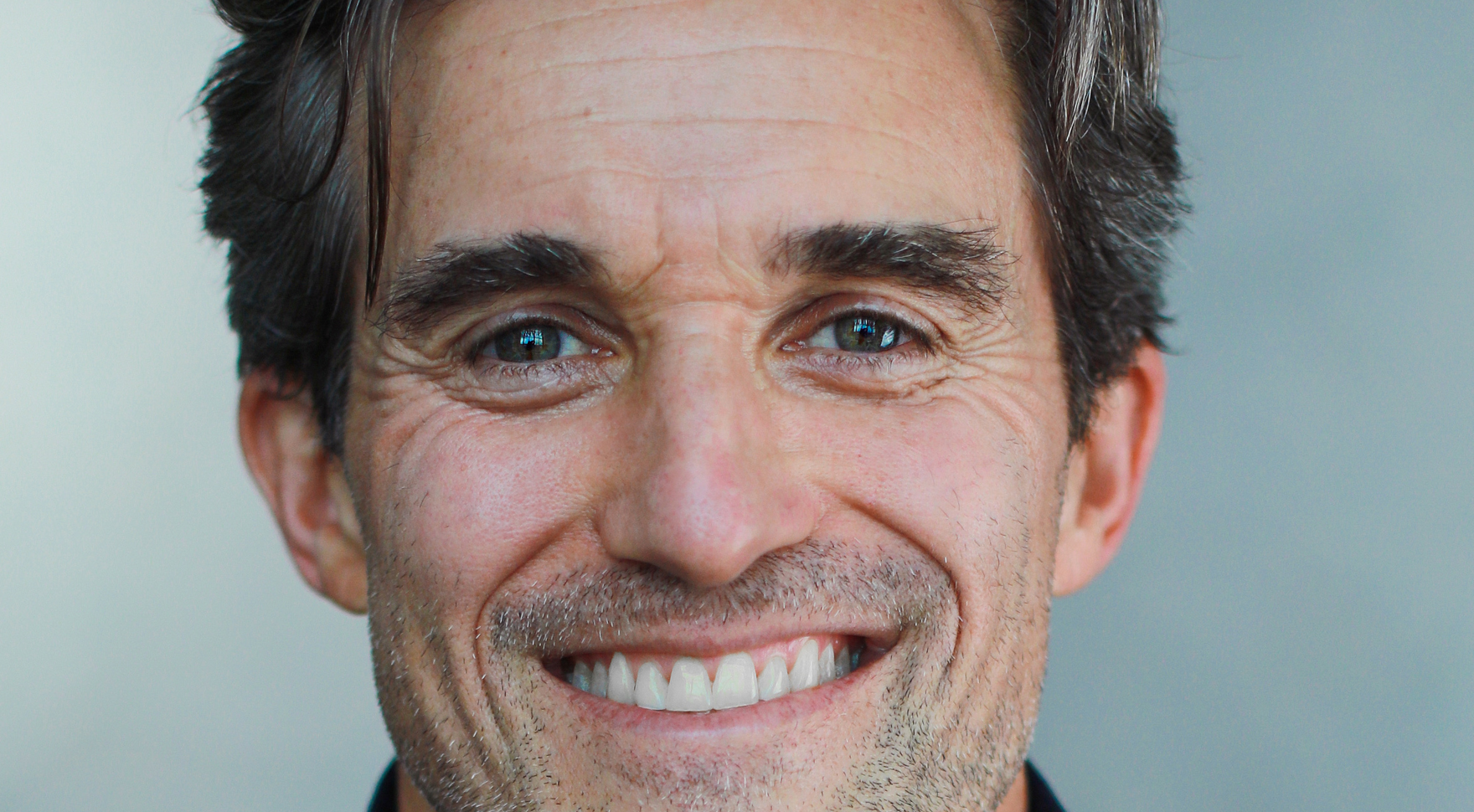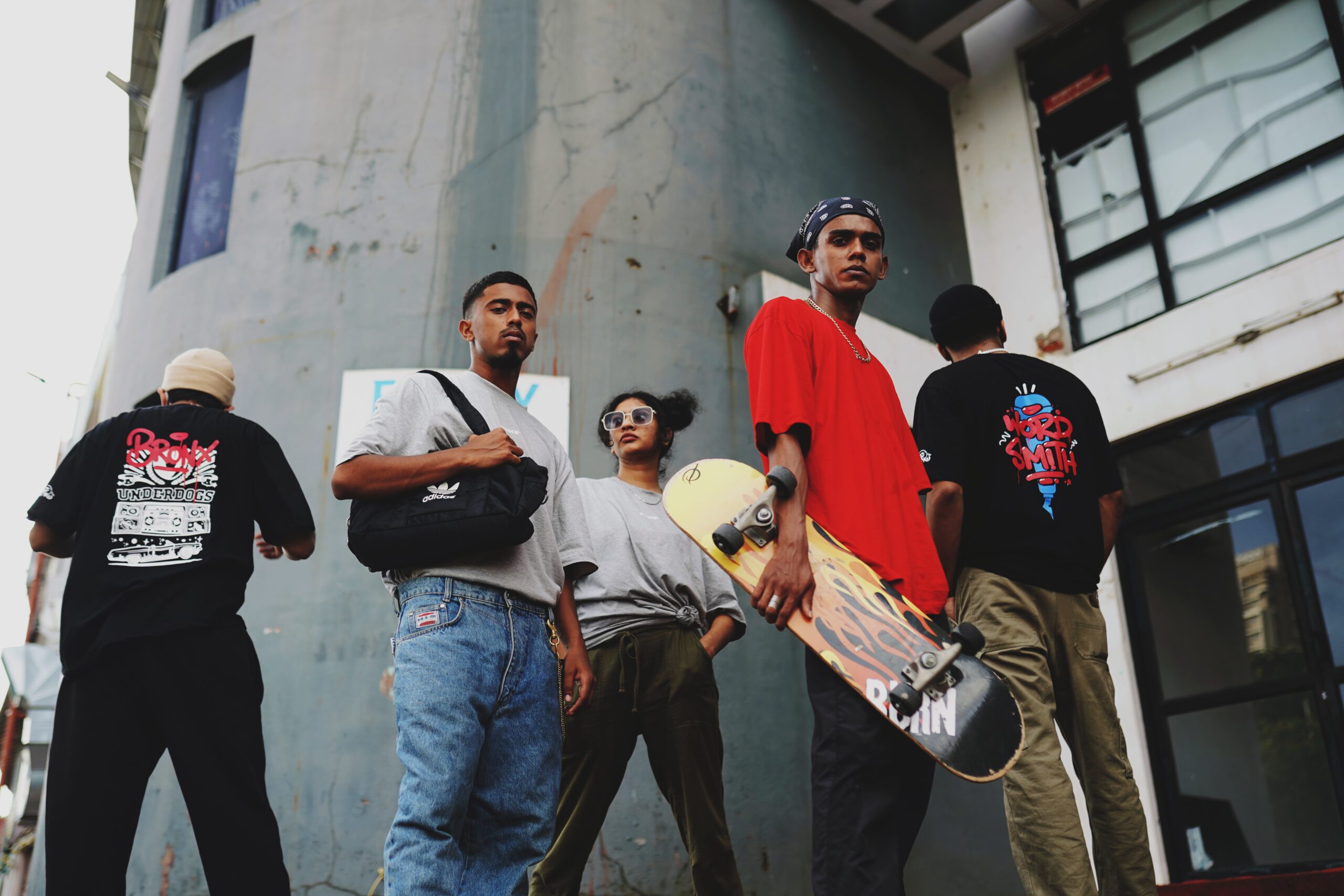
Brands tackle mental health
19th Jun 2018
Talking about localisation…
Mental health seems to be one of the most unspoken issues of our time. With an estimated one in four people suffering from a mental health disorder, but only a third actually seek help, brands and charities have been making an extra effort to raise awareness of this issue. Creative Culture takes a look at some of the campaigns around this subject.
Philosophy
Philosophy – the beauty brand owned by Coty – has produced a campaign entitled ‘The Hope and Grace Initiative’. They aim to raise $10 million over the next 5 years by directing 1% of their skincare and fragrance ranges to women’s mental health charities and community programmes across the US. As part of the campaign, Philosophy have also created a short video which emphasises the importance of overcoming the stigma and receiving help.
ITV
ITV recently partnered with CALM (Campaign Against Living Miserably), a pressure group which is dedicated to reducing male suicide. Statistically speaking, suicide is the main cause of death for British men below the age of 45, with 84 men taking their own lives every week (12 a day, or 2 an hour). The partnership produced ‘Project 84’ which saw sculptures of men perched on the edge of the ITV building on London’s Southbank. Created as a reminder of the 84 men who commit suicide every week, the Project reached 256 million people. In an effort to further raise awareness of this issue, ITV also ran a male suicide story line on Coronation Street.
Axe
Moving away from its more traditional brand positioning of women in bikinis, Lynx has re-positioned to focus on real world issues. The brand has also partnered with CALM against toxic masculinity, turning away from traditional notions to redefine masculinity and and embrace diversity in its ‘Find your magic’ campaign. This global campaign was first released in the US and featured men and women using the Axe products as a means to pursue their individuality. The campaign was so successful that it achieved 39.3 million digital views, 4 billion social media impressions in the first quarter post-launch, increased positive brand sentiment by 27% and sparked global masculinity debates.
By Edward LeBoutillier
Always be in the know.
Sign up to our weekly insights and maximise your competitive advantage



